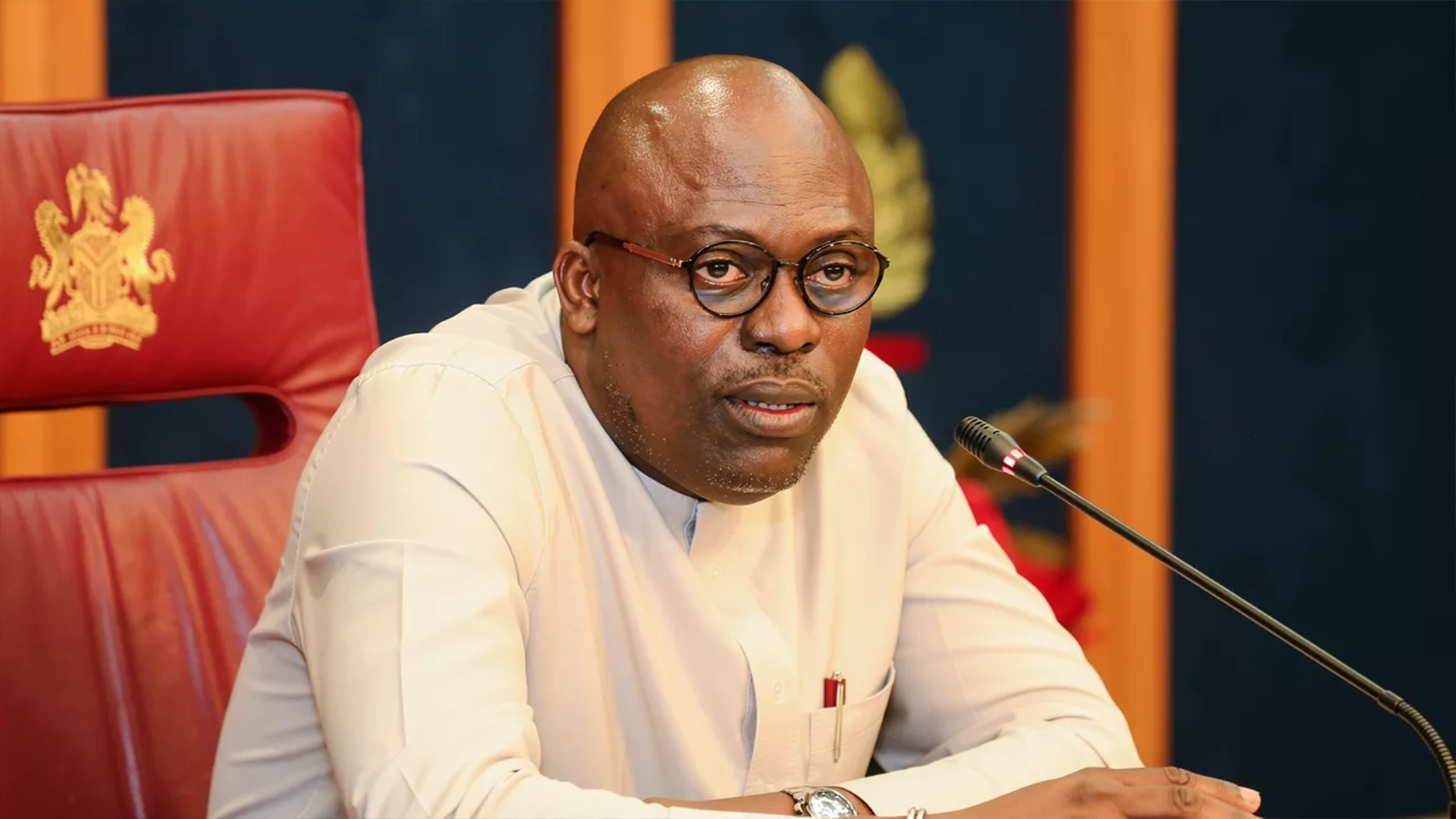Former Senate Leader, Mohammed Ali Ndume, has raised the alarm over the growing wave of defections by governors and federal lawmakers from opposition parties to the ruling All Progressives Congress (APC), warning that the party risks internal collapse if the trend continues unchecked.
Ndume, who represents Borno South in the Senate, spoke on Sunday night at the late Dr. Nnamdi Azikiwe Annual Award Lecture held at the NICON Luxury Hotel, Abuja, where he received the honour of Most Outstanding Legislator and Advocate of National Unity.
The lawmaker dismissed many defectors as political lightweights with little value to add to the ruling party, insisting that the APC is becoming “overloaded” with “mostly empty cargo.”
Checks by The Guardian show that defections have intensified over the last year, leaving the opposition badly weakened.
No fewer than five governors, including those of Delta, Bayelsa, Enugu, and Taraba (whose official defection is scheduled for Tuesday), have left their parties for the APC. The defection of the Plateau State governor is also anticipated.
In the Senate, 13 opposition lawmakers have crossed over to the APC, including Ezenwa Onyewuchi, Kawu Sumaila, Ned Nwoko, Adamu Aliero, Yahaya Abdullahi, Garba Musa Maidoki, Francis Fadahunsi, Olubiyi Fadeyi, Aniekan Bassey, Samson Ekong, Sama’ila Dahuwa Samaila, Agom Jarigbe and Kelvin Chukwu.
The House of Representatives has seen even larger shifts. From 175 members at the inauguration in June 2023, the APC now holds 249 seats as of November 2025, surpassing the two-thirds benchmark of 240.
The new configuration leaves the PDP with 69 members, Labour Party with 19, NNPP with 13, APGA with five, ADC with one, SDP with two, and YPP with one. At the start of the 10th National Assembly, the opposition’s combined 182 members outnumbered the APC’s 175.
Ndume said the influx poses a structural threat to the ruling party. “I have warned that the APC is becoming overloaded. And when you overload a ship, especially with mostly empty cargo, it risks capsizing,” he said.
He denied that President Bola Ahmed Tinubu or the party leadership has been courting defectors, describing the situation instead as political sheltering.
“When your brother is displaced by a crisis in his party and he knocks on your door, will you shut him out or welcome him? That is what is happening,” he said.
He lamented that many defectors become inactive despite being given leadership privileges in their states. “It is like an ordinary church member, or even a pastor, leaving one church to join another and immediately wanting to become the pastor in charge. Or someone converting into Islam and insisting on becoming the Imam. Naturally, this creates problems,” he added, reiterating his view that the government is populated by “kakistocrats and kleptocrats.”
Ndume, known for his frank criticism of the administration despite being a frontline APC lawmaker, urged Nigerians to support President Tinubu, expressing confidence in his sincerity and leadership.
He, however, faulted the competence of several ministers and presidential aides.
“We suffer from a lack of leadership, not because the president is not leading, but because one person cannot be the captain, the player, the goalkeeper, and the striker all at once,” he said.
He called on the APC leadership to rally around the president and restore coherence to governance.
Earlier, Dame Uche Azikiwe, widow of Nigeria’s first President, Dr. Nnamdi Azikiwe, commended the organisers of the annual lecture for sustaining her husband’s legacy.
She lamented the decline of selfless leadership and urged contemporary officeholders to emulate the discipline and national commitment of First Republic leaders such as Zik, Chief Obafemi Awolowo, and Sir Ahmadu Bello.
“They are long gone but their legacies live on,” she said. “Leaders of the First Republic were selfless, not like many leaders today who are concerned only about their pockets. I am always happy when people say good things about Zik and what he did.”






